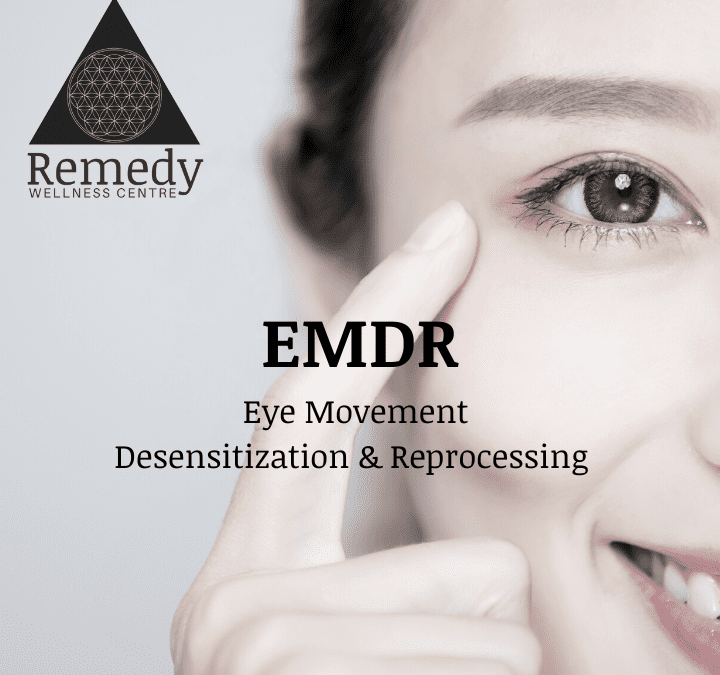The focus of EMDR is to change the thoughts, emotions and/or behaviors that resulted from a distressing event, which then allows the brain to begin or complete it’s natural healing process. In this way, EMDR allows you to resolve unprocessed traumatic memories. Even preverbal or early childhood trauma, which according to Gabor Mate, most of us carry with us.
Who Is EMDR Therapy For?
EMDR therapy is for people of all ages, from children to adults of all ages. EMDR can and has been successfully used to resolve a wide variety of challenges including:
- Anxiety, panic attacks, and phobias
- Chronic Illness and medical issues
- Depression and bipolar disorders
- Dissociative disorders
- Eating disorders
- Grief and loss
- Pain
- Performance anxiety
- Personality disorders
- PTSD and other trauma and stress-related issues
- Sexual assault
- Sleep disturbance
- Substance abuse and addiction
- Violence and abuse
How Does EMDR Work?
Our brain and nervous system has everything it needs to heal. Sometimes it just needs a little extra space to allow the natural healing process to happen. We process and recover from traumatic memories and events via communication between the amygdala, the hippocampus and the prefrontal cortex. The amygdala is responsible for our alarm system for stressful situations. The hippocampus is our learning center and is also where we store memories about safety and danger. The prefrontal cortex analyzes and controls our behavior and emotions.
Our natural stress response or instinct is to fight, flight or freeze. When something traumatic or disturbing happens to us, sometimes we hold onto it in the form of upsetting images, thoughts or emotions. This can lead to feeling overwhelmed and put us right back in that moment of stress response (fight, flight, freeze). EMDR creates the circumstances you need to allow the brain to process these memories and heal. The experience you had will never be forgotten entirely, but the fight, flight or freeze response will no longer be associated with it.
EMDR can be used on it’s own or in conjunction with other therapies like talk therapy. It can be done in person or it can be adapted to work with online counselling. Please check out our Registered Clinical Counsellors profiles, to see which offer EMDR as part of their practice.

